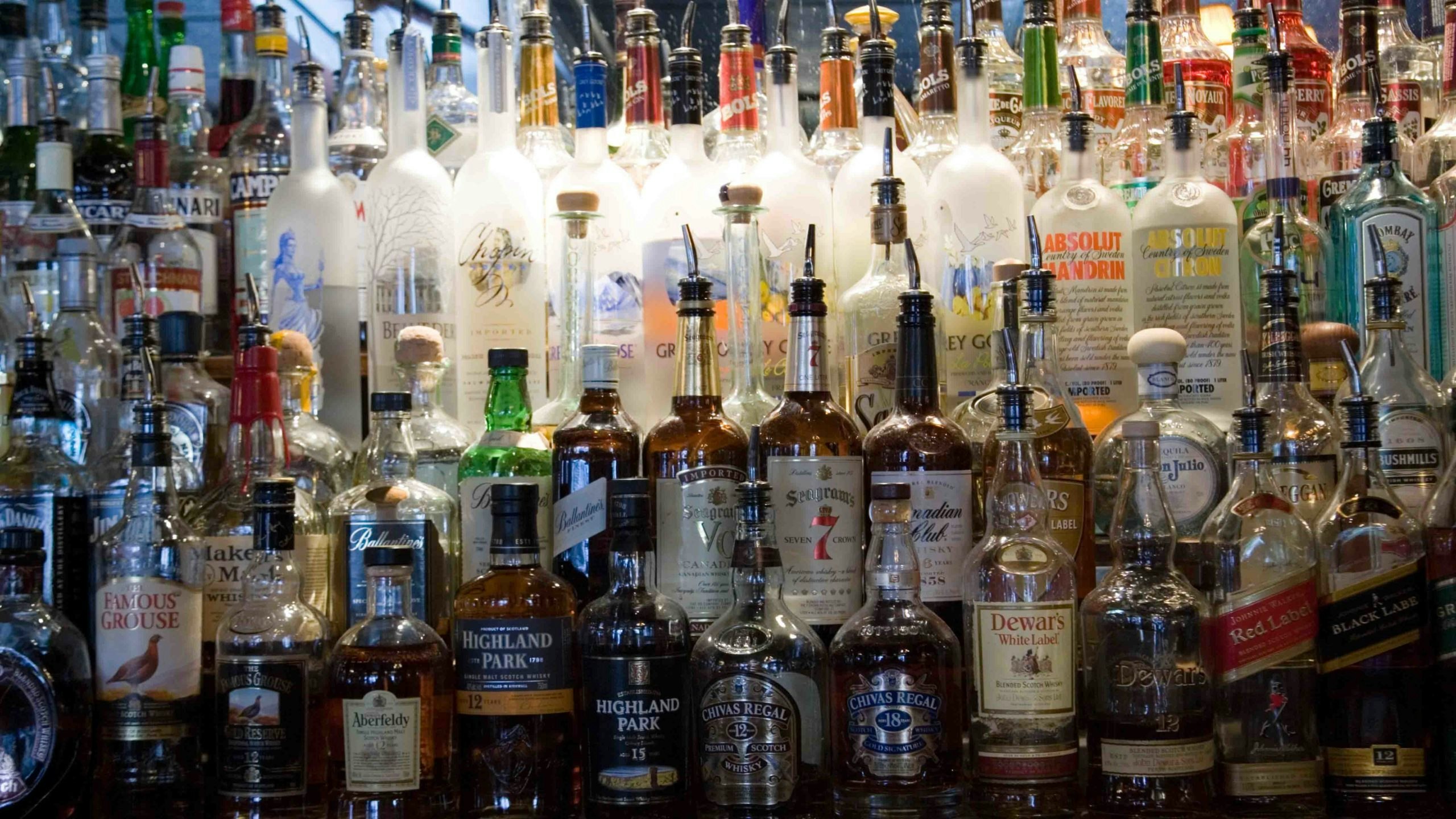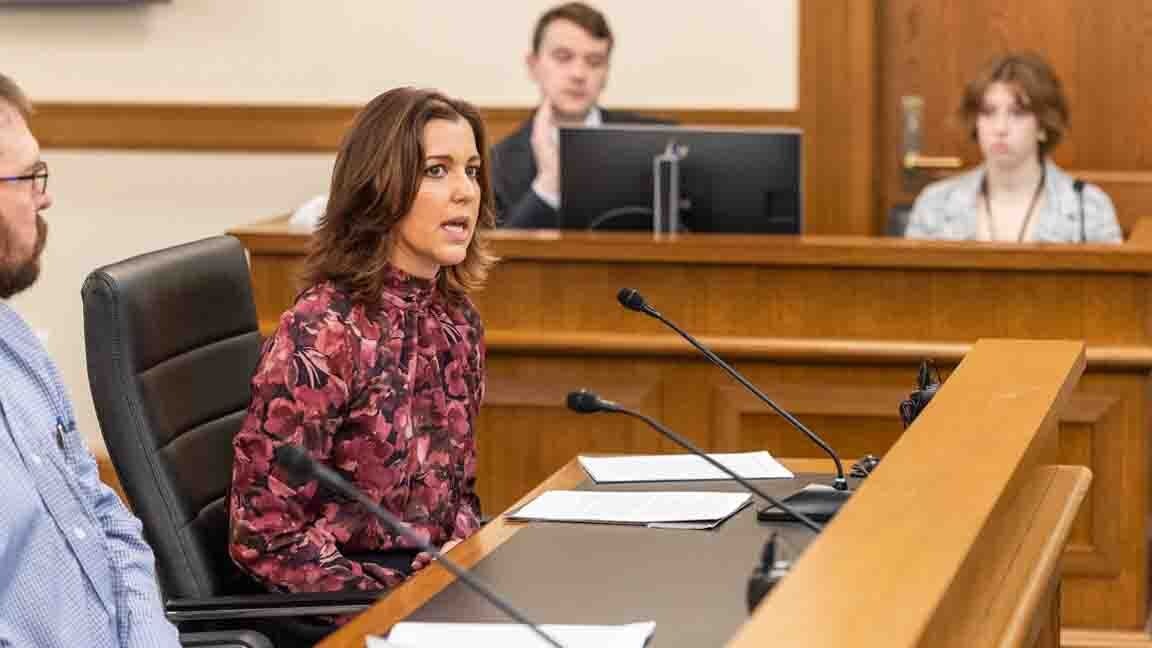Wyoming’s system restricting the number of liquor licenses that can be awarded in the state’s cities is limiting economic growth, according to the mayors of two cities currently involved in deciding how to award one new license.
City councils in Sheridan and Cheyenne have both been reviewing 11 applications for one retail liquor license — the kind given to bars and package liquor stores — available in each community.
Cheyenne Mayor Patrick Collins told Cowboy State Daily he is frustrated over the liquor license disbursement process, as it stunts economic growth and investment in the city.
The companies that applied for the liquor license in Cheyenne, he said, are backed by business owners who want to make significant investments in the community, but who could be thwarted in those efforts because government is in the business of deciding which investor gets to receive the license.
“We believe in competition and people working hard and that competition makes us sharper and improves customer service,” he said. “So we need to let people compete.”
Several Types Of Licenses
Wyoming has several types of liquor licenses. Retail licenses are those most often sought by bars that may also want to sell liquor on a retail basis. The state also has bar and grill licenses granted to businesses that serve food from a restaurant and alcohol from an attached bar or lounge and a restaurant license granted to restaurants that wish to serve alcohol without an attached bar or lounge.
Retail liquor licenses are awarded based on population and one new license became available in Cheyenne and Sheridan with the release of new population numbers from the 2020 U.S. Census.
But Collins said it doesn’t make sense that government would limit the number of liquor licenses available when they are critical to economic development and growth for any community. He noted no such restrictions are placed on other businesses, such as accounting or legal firms.
“We don’t limit anything really except for whatever reason, alcohol,” he said. “I don’t get it.”
More Available
Sheridan Mayor Rich Bridger agreed with Collins, adding that he would be interested in seeing not only more licenses available, but also in allowing businesses to receive a liquor license on a “first come, first serve” basis, instead of having a city council to choose from a pool of applicants.
“Those amenities draw people in, especially during tourist season,” Bridger told Cowboy State Daily on Wednesday. “They tend to stay longer. They tend to eat in our establishments. I see value in having potentially more available.”
In Cheyenne, the limit is hampering plans to restore old buildings in the community and use them for new purposes, Collins said.
He pointed specifically to plans to turn a 110-year-old grain elevator into a gathering spot where different food trucks would serve patrons meals from constantly changing menus, with alcoholic drinks provided by a bar and package liquor store.
“This would give other small businesses, the food truck owners, a different way to show off their menus,” he said. “Especially in the wintertime. They would turn the grain elevator into a really fun and family-friendly spot while saving the historic structure.”
But the liquor license is the essential part of the equation that makes the business model work, he said.
System is Antiquated
April Brimmer-Kunz, a former state senator whose family has applied for Cheyenne’s new retail license, agreed with Collins.
“The current state liquor laws are antiquated,” she told Cowboy State Daily. “Economic development in the city of Cheyenne and the state of Wyoming are being hampered by the lack of flexibility in the liquor laws.”
Collins said he will speak with legislators about increasing the number of licenses available.
“I’m very passionate about this,” Collins said. “We need to create the kind of places that make people want to come and stay in a community and that’s going to drive the economy.”
System is Not Antiquated
However, Chris Brown, spokesman for the Wyoming Restaurant and Lodging Association, said the licensing laws may not be as antiquated as some believe.
Brown said the Legislature regularly reviews the distribution rules and changed the laws within the last 10 years to make more bar and grill licenses available and to expand how resort liquor licenses may be used.
Brown also suggested that some companies seeking a retail license might want to look at the other licenses available to determine if they are applying for the right one.
“I think it makes the headline when all of these businesses apply for a full retail license, but do they all really need that type of license? Maybe a bar and grill license would better fit their needs,” he said.
He added those seeking change in the laws need to be mindful of maintaining a balance that will protect existing businesses.
“I think the primary focus of this discussion is how we can strike a balance that welcomes new investment and new business in the community, while protecting existing businesses and investments,” Brown said.





